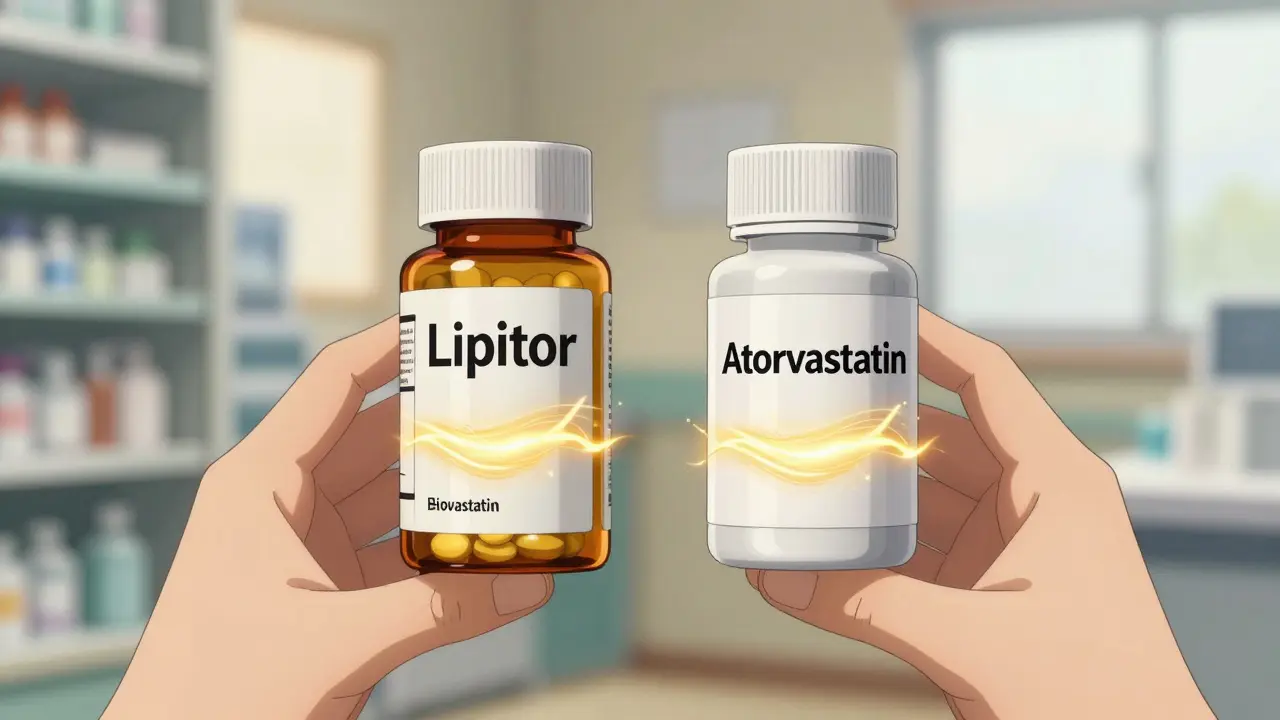Hyperprolactinemia: What It Is and Why It Matters
Ever heard of a hormone called prolactin? It’s the protein that tells your breasts to make milk after pregnancy. When the body makes too much of it, the condition is called hyperprolactinemia. Too much prolactin can mess with periods, fertility, and even mood, so knowing the basics helps you spot it early.
Most people don’t realize that a simple blood test can reveal high prolactin levels. The good news? Doctors have clear ways to find the cause and plenty of options to bring the hormone back to normal.
Common symptoms you might notice
If you’re a woman, watch for irregular periods, missed periods, or unexpected milk leakage from the nipples. Men may notice a drop in libido, erectile problems, or breast enlargement. Both sexes can feel headaches, vision changes, or a general sense of fatigue.
These signs often show up slowly, which is why they’re easy to ignore. If you’ve been dealing with any of these issues for months, it’s worth talking to a doctor and asking for a prolactin test.
What causes prolactin to go rogue?
There are a few usual suspects. The most common is a harmless pituitary tumor called a prolactinoma. Even small tumors can push prolactin levels up. Other triggers include certain medications (especially antipsychotics and some blood pressure pills), thyroid problems, stress, and chest wall irritation.
Pregnancy and breastfeeding naturally raise prolactin, but levels should drop back after weaning. If they stay high, it’s time to investigate further.
How doctors diagnose the problem
First, a simple blood draw checks prolactin concentration. If it’s elevated, your doctor may order an MRI to look at the pituitary gland. They’ll also review any meds you’re taking and test thyroid function to rule out other causes.
Diagnosis isn’t a one‑off step. Sometimes doctors repeat the blood test after a few weeks to confirm the numbers aren’t just a temporary spike.
How doctors treat high prolactin
The frontline treatment is medication. Drugs like cabergoline or bromocriptine shrink prolactin‑producing tumors and lower hormone levels. Most people feel better within weeks and can stop the meds once levels stay normal for a while.
If medication doesn’t work or the tumor is large, surgery to remove the pituitary growth may be recommended. Radiation therapy is a rare last‑resort option.
Everyday steps you can take
While you wait for treatment to kick in, a few lifestyle tweaks help. Reduce stress with activities you enjoy—walking, yoga, or short breaks throughout the day. Keep a balanced diet, avoid excessive alcohol, and talk to your doctor before stopping any prescription meds.
If you’re on a medication that raises prolactin, ask your healthcare provider about alternatives. Sometimes switching drugs solves the problem without any extra treatment.
Tracking your symptoms in a notebook can also be useful. Note any changes in your cycle, mood, or energy levels, and bring that record to each appointment.
Bottom line: hyperprolactinemia is treatable, and most people get back to normal life with the right plan. Don’t ignore persistent hormone‑related symptoms—getting checked early saves you a lot of hassle down the road.

Cabgolin: Uses, Side Effects, and Success Stories of Dopamine Agonist Therapy
What is Cabgolin? Learn its uses, how it works for high prolactin, real patient tips, possible side effects, and what science says right now.




